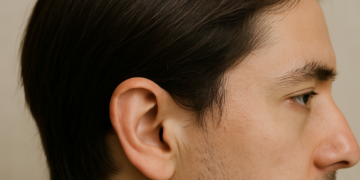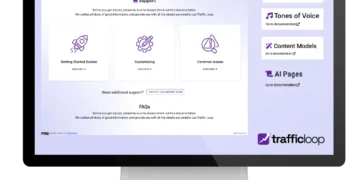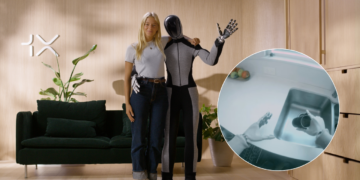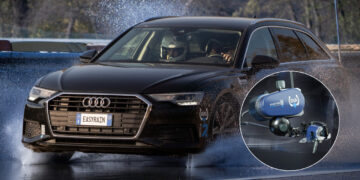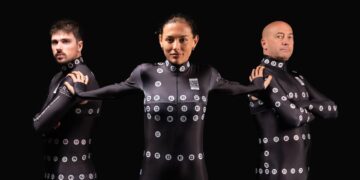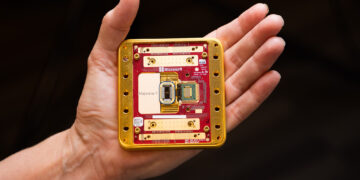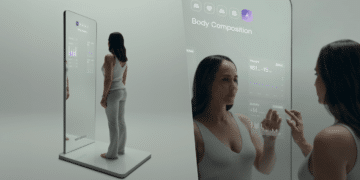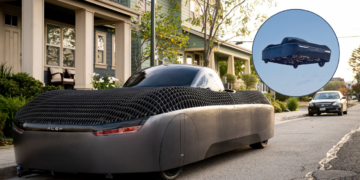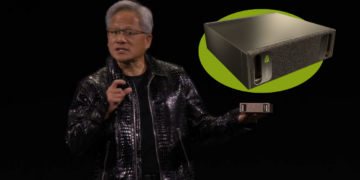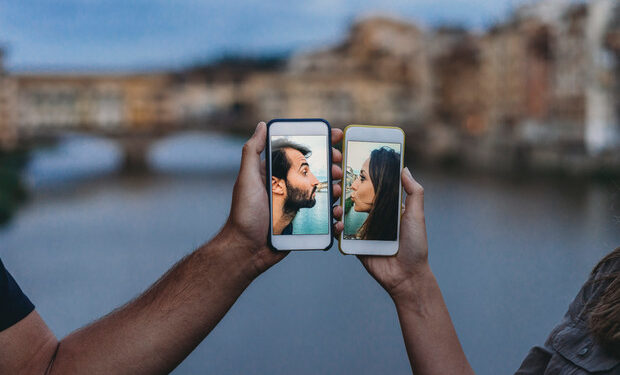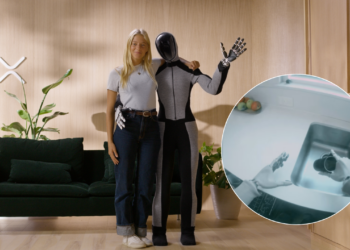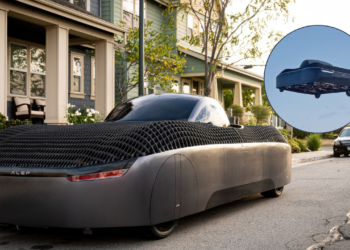Two British inventors have patented a sensor capable of detecting breathing and sending this ‘kiss’ to another remotely connected device
Can we send (or receive) a kiss via smartphone? This is the question that everyone has asked themselves at least once in their lives, hoping to find a way to break the distance between them and their loved one. Today, Justin Philip Pisani and Simon Robert Gordon may have found an answer. The two British inventors have filed a patent for a wearable sensor that can detect the wearer’s breath and transmit this “data” to another remotely connected device. The name of the patent is “Greeting gesture device” and has been filed under category G (identification code: GB2544257A). The translation system is composed of extensible yarn-based sensor arrays and a wireless printed circuit board. These chips are able to detect breath and transmit it (in the form of electrical signals) to a small control unit. The next step is to send the impulses wirelessly to a smartphone, which can convert the electrical signals into words and sentences. The system offers high sensitivity and a very fast response time, enabling real-time translation. Initial tests have shown that the sensors are able to encode and decode the breath in 1 second, with an accuracy rate of over 98%. Message transfer is initiated directly from the wearable sensor. For example, sending can be triggered by a hand movement, pressing a button or touching the sensor screen. Of course, the message can be edited or personalised before sending. The device developed by the British inventors can also be equipped with a temperature sensor, an accelerometer and a receiving mechanism that alerts the user when a message is received.
Read also –> Gyenno: a spoon to help Parkinson’s patients
Kiss goes digital with ‘Greeting gesture device
The sensor was designed to break down the distance that often separates relatives, boyfriends or just friends and make the messages we send and receive on our smartphones more “affectionate”. But that’s not all. This device could also be useful for making virtual assistants more accessible. These devices are now a fixed presence on smartphones, in cars and in the homes of millions of people around the world. Amazon’s Alexa, Apple’s Siri or Google Assistant help people with a wide range of tasks, from setting an oven timer to buying household products. Virtual assistant tools are activated as soon as they ‘hear’ a sentence, but often cannot ‘understand’ the words spoken by someone who has difficulty speaking. This is where Justin Philip Pisani and Simon Robert Gordon’s patent comes in. By being able to translate even a simple breath into text, the sensor designed by the two Brits could facilitate communication with virtual assistants in all those cases in which the user is unable to speak properly. The hope is that this wearable device will open the door to a simpler, more direct and intuitive way of communicating, making life easier for lovers from a distance as well as for people with language problems.
You might also be interested in —> CapisciAMe, the virtual assistant for those with speech difficulties


